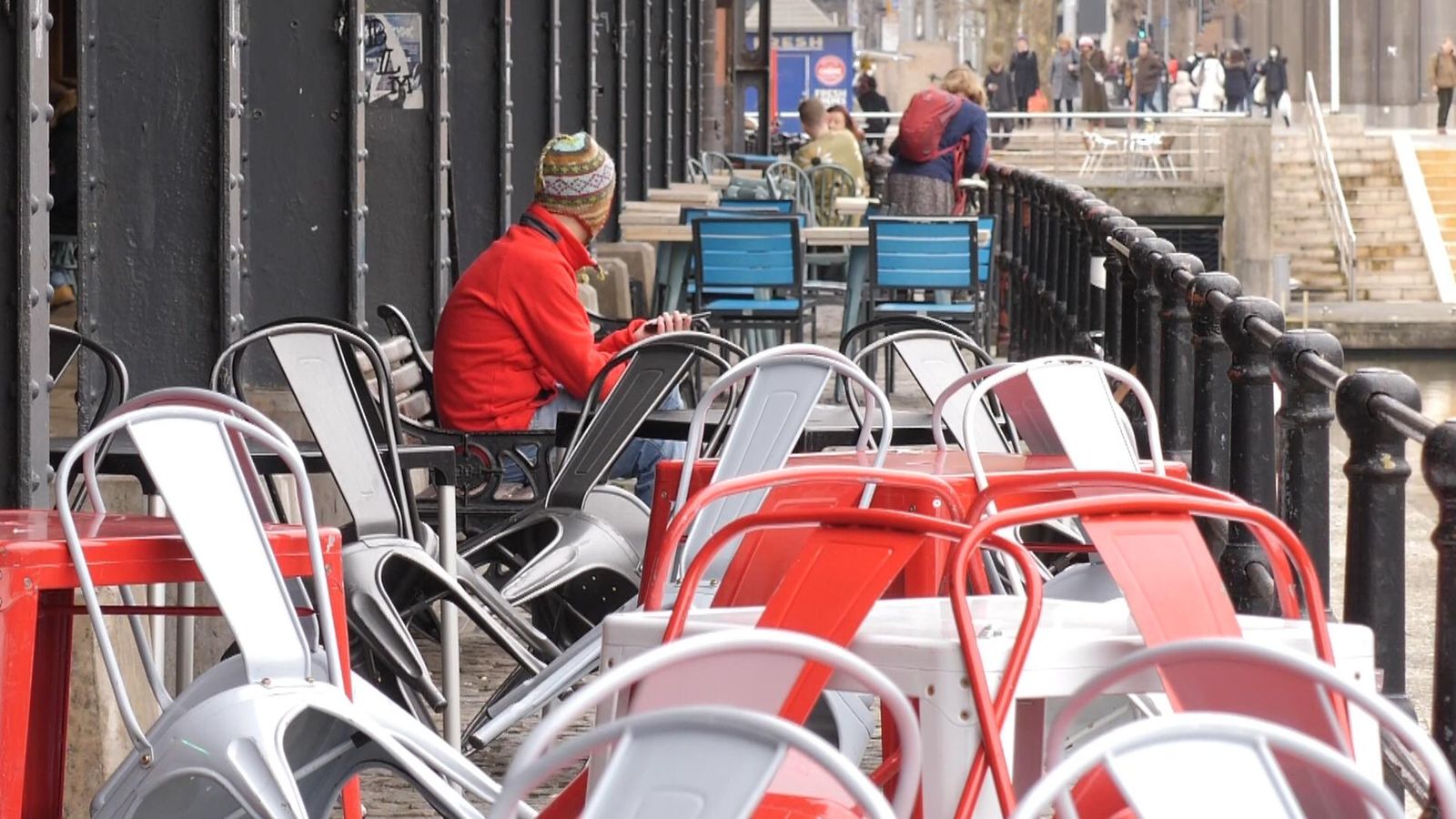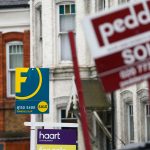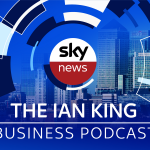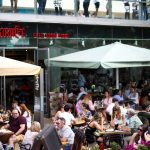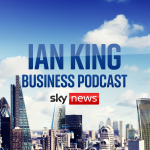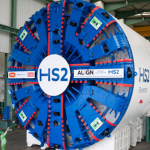In Bristol, the last full working Friday before Christmas didn’t feel like it.
A day informally reserved for sneaky shopping, long-lunches and perhaps a stagger home still wearing a party hat looked more like a Sunday.
Restaurants and bars that have been banking on December trade found themselves wondering where the next customer was coming from, and frustrated at the government messaging that got them here.
Public health warnings have caused consumer confidence to evaporate, leaving businesses free to open but with no customers, and no support either because there are no formal restrictions.
It is the worst of both worlds, “lockdown by stealth” according to a furious hospitality industry and MPs on all sides.
At MacKenzie’s Bar & Grill on Bristol’s usually teeming harbourfront there was almost no lunchtime trade, evening bookings were being cancelled, and some staff were calling in to cancel shifts because of COVID contacts.
General manager Andrew Gellender said the industry has been let down.
COVID-19: Doubling time of Omicron could make PCR testing ‘meaningless’ – is it time for a rethink?
COVID-19: Ireland announces 8pm curfew for hospitality as new COVID rules brought in to halt Omicron surge
Rishi Sunak holds meetings with business leaders as Omicron causes COVID slowdown
“Throughout the previous lockdowns and the other waves there was continual guidance, everybody was singing from the same hymn sheet. You had COVID restrictions or guidelines to follow.
“You knew where you stood with furlough, or if you were unable to open for business. This time they have kind of hung us all out to dry, it’s like we’re on our own with no guidance at the moment.”
His frustration is shared by the wider industry, which is calling for the Treasury to step in with fresh financial support for the sector.
Their call has been echoed by the Labour Party and in Scotland by Nicola Sturgeon, who says only the UK government has the borrowing power to provide the level of support required.
In keeping with a chaotic week in Westminster the pressure was sufficient to prompt Chancellor Rishi Sunak to return early from California, where he was awkwardly revealed to be meeting American businesses during what the prime minister had declared a national emergency.
Mr Sunak met with business leaders virtually while still in the US, and again on his return to the UK but there was no offer of fresh support.
Please use Chrome browser for a more accessible video player
The Treasury says that billions of pounds of support is still available, primarily through business rate relief and a temporary VAT cut to 12.5%.
Both will run to the end of March and local authorities are yet to distribute around £250m of £2bn worth of grants to eligible companies.
Business counters that none of that addresses the fundamental damage caused by the warnings about Omicron, which has had almost the same impact on trade as full lockdown with none of the assistance.
Kate Nicholls, chief executive of Hospitality UK, said the government was being short-sighted.
“You’ve got three million people working in hospitality, a further 1.5 million in the supply chain, and we normally generate £40bn of taxes. Put simply, I don’t think the government can afford to let us fail at this late stage.”
Follow the Daily podcast on Apple Podcasts, Google Podcasts, Spotify, Spreaker
Government support for business in previous waves was the price of the state placing restrictions on trade, and the Treasury is deeply reluctant to set a precedent by breaking that link.
But the vacuum on the nation’s high streets is a direct consequence of the prime minister’s contradictory approach to this phase of the pandemic.
With a full week’s trade before Christmas and Omicron likely to wipe out new year trade as well, the Treasury may not be able to resist for long.
